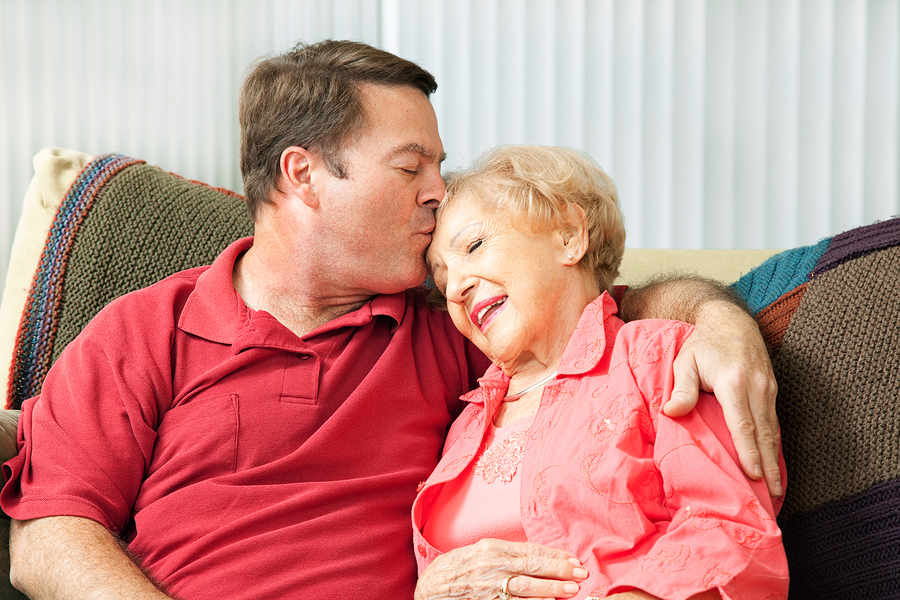January 9, 2020

When asked to picture a caregiver, most people will think of a woman.
That’s not surprising or even wrong since the majority of caregivers are women. However, according to AARP, that is changing. The number of male caregivers in the United States is growing. In 1999, around 34 percent of caregivers were men. In 2017, that number was up to 40 percent. Because of their smaller numbers, though, male caregivers tend to be overlooked and sometimes don’t receive the support they need. Knowing more about how a male caregiver’s experience differs from that of a woman can help to ensure they receive the support they need.
How Does the Male Experience Differ?
While both men and women provide a lot of the same kinds of care, including managing finances and offering personal care to seniors, men often express a preference for managing care. Many would rather not take a hands-on role. Instead, they are more likely to hire home care to do things like bathing the senior and help them to dress.
Men usually also approach caregiving from a practical angle, looking for solutions to particular challenges. For example, they might look for technology that can make being a caregiver easier.
Men are also more likely to keep their emotions about being a caregiver to themselves. They don’t tell their friends and family members when they are stressed or upset about something having to do with caregiving. Unfortunately, they are also less likely to reach out for help and emotional support when they need it.
How Male Caregivers Can Get the Support They Need
Male caregivers need just as much support as caregivers as women do, even if they have a harder time asking for help. Some of the ways that caregivers can find the support they need are:
Talking to a Doctor: Men should tell their doctors that they are caregivers and discuss any physical or mental health symptoms they are experiencing. This allows the doctor to watch for health problems that are common to caregivers.
Caregiver Support Group: Joining a caregiver support group gives men a safe place to talk about their caregiver experience and feelings. There are many kinds of support groups available, including some that are for men only. There are groups that meet online and others that meet in person, so men can find one that works best for them.
Friends and Family: Men should not be afraid to ask friends and family to help them with caregiver duties. There are often people who are willing to help, they just need to be asked.
Another way that men can get some support as caregivers is by hiring home care. Home care can take over some of the tasks that caregivers find themselves doing, including those that may make caregivers uncomfortable, such as bathing, toileting, and dressing an older adult.
Sources